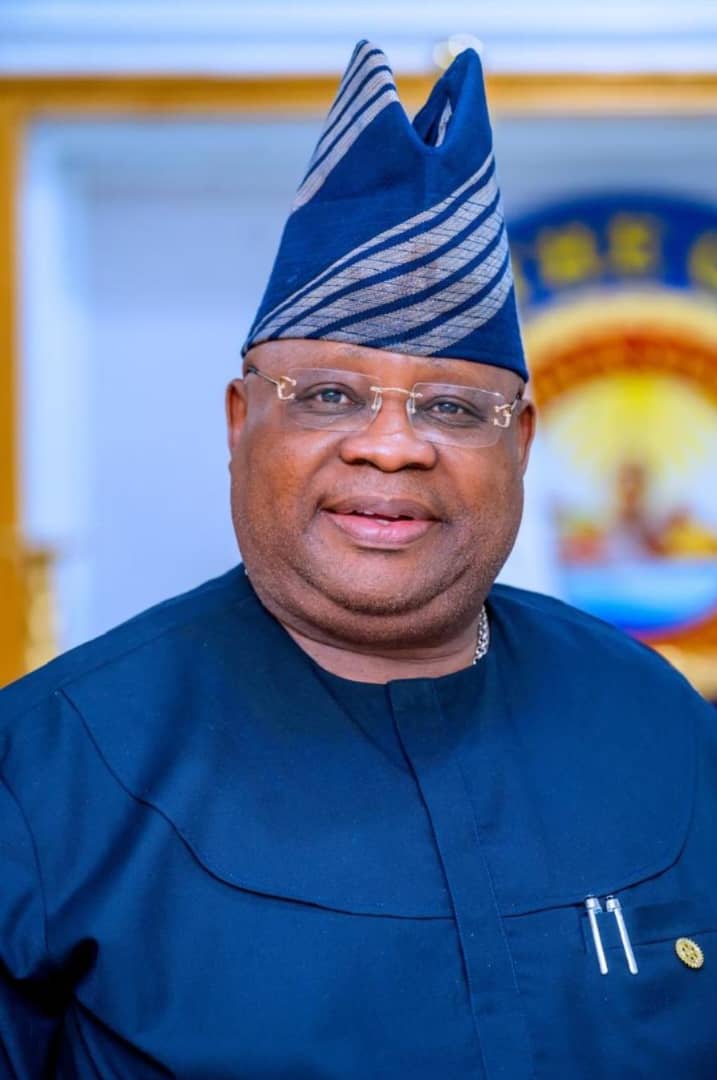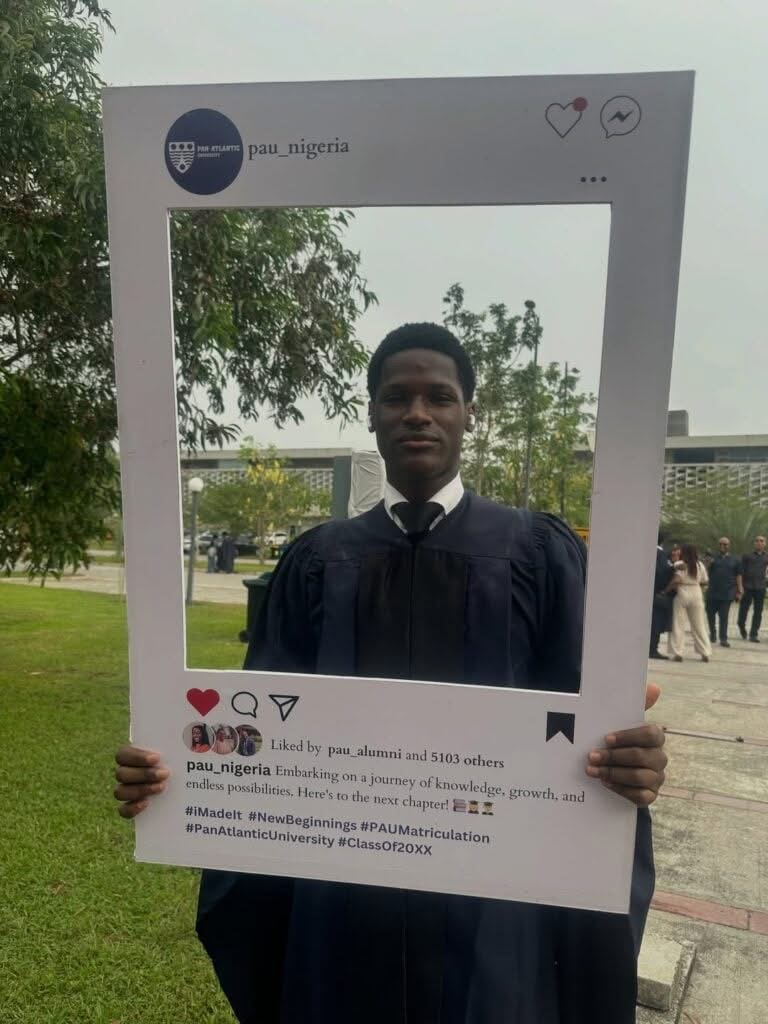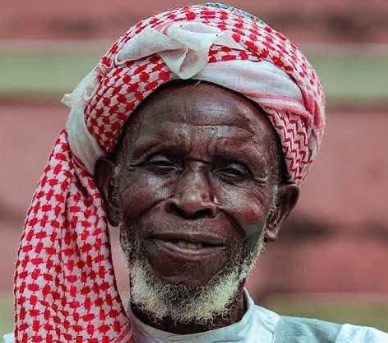Caster Semenya, the renowned South African athlete and double Olympic champion, has emerged victorious in her appeal at the European Court of Human Rights (ECHR). The court ruling revolves around testosterone levels in female athletes and marks a significant development in Semenya’s long-standing battle with World Athletics. Born with differences of sexual development (DSD), Semenya has been subjected to regulations requiring her to undergo hormone treatment to compete in track events. While the ECHR decision vindicates her claims of discrimination, the impact on current restrictions and Semenya’s future in athletics remains uncertain.
The ECHR ruling focuses on the Swiss government’s failure to protect Semenya’s rights, stemming from a three-year-old Swiss Supreme Court ruling. It found that Semenya was not adequately safeguarded against discrimination when the Swiss Supreme Court upheld the Court of Arbitration for Sport’s decision to maintain the World Athletics rules. While Semenya’s victory appears to challenge the current regulations, World Athletics maintains that their rules are necessary for fair competition and intends to pursue further legal action.
With a split decision of 4-3 in Semenya’s favor, the ruling opens the possibility for her to challenge the Swiss Supreme Court and the Court of Arbitration for Sport decisions. However, as it stands, Semenya’s position remains largely unchanged unless she opts to take medication to suppress her testosterone or World Athletics is compelled to revise its stance on DSD athletes. The uncertainty surrounding Semenya’s future participation in female track events remains a key concern.
The case of Caster Semenya has sparked widespread debate and highlights the complex issues surrounding gender and sports. While her victory at the European Court of Human Rights marks a significant milestone in her fight against discrimination, the ultimate outcome and its impact on existing regulations remain to be seen. The ruling prompts further questions about the boundaries between fairness, inclusivity, and the protection of athletes’ rights in the context of sports competitions.
Free Research Preview. ChatGPT may produce inaccurate information about people, places, or facts. ChatGPT May 24 Version
Advertisement




